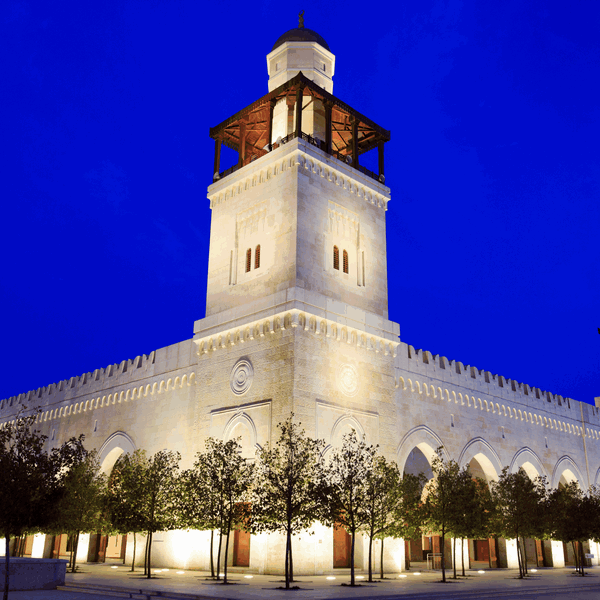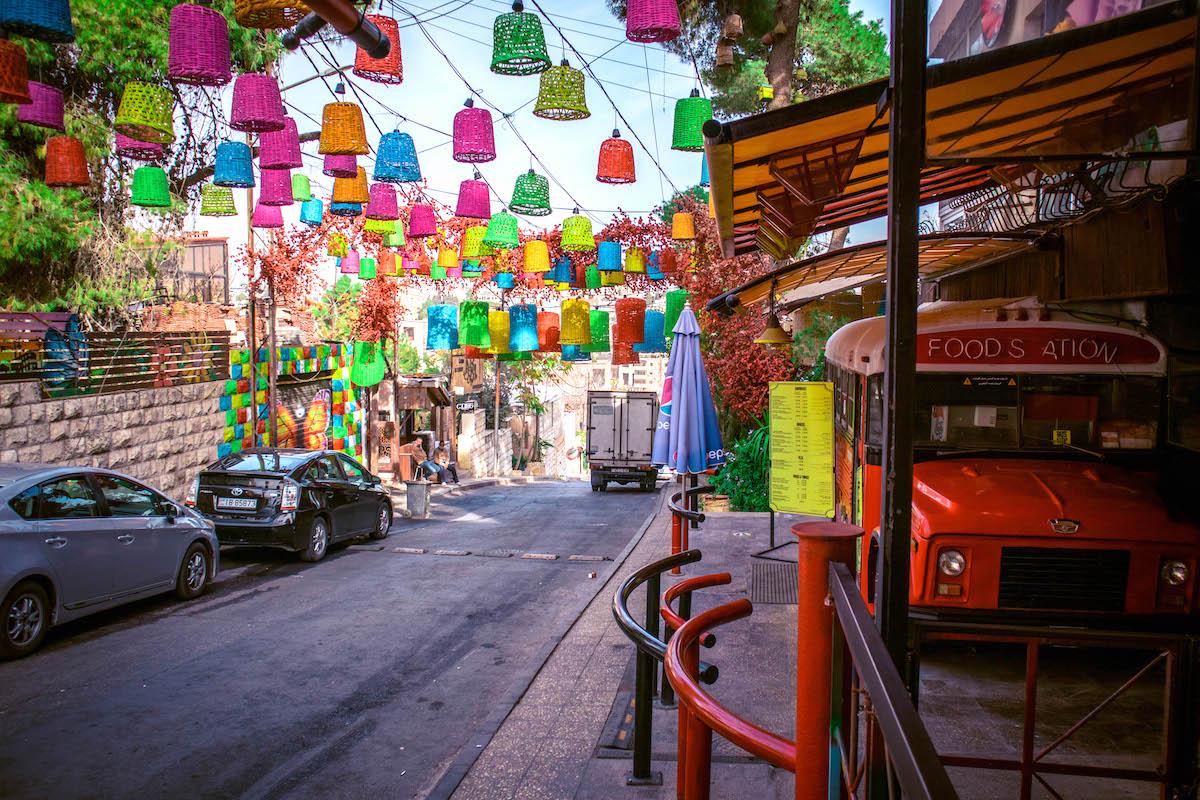The Islamic New Year: Significance, Traditions, and Reflections
The Islamic New Year, also known as Hijri New Year or Arabic New Year, marks the beginning of the Islamic lunar calendar. It is an important event for Muslims worldwide and holds great cultural and religious significance. This article aims to explore the traditions, historical background, and reflections associated with the Islamic New Year.
Islamic New Year Historical Background
The Islamic New Year dates back to 622 CE when the Prophet Muhammad migrated from Mecca to Medina, an event known as the Hijra. This migration marked a significant turning point in Islamic history, leading to the establishment of the first Islamic state and the spreading of Islam. The Islamic lunar calendar begins with the month of Muharram, which is when the Islamic New Year is observed.
Islamic New Year Significance and Observance
The Islamic New Year is a time of reflection, gratitude, and renewal for Muslims worldwide. It serves as a reminder of the Hijra and the sacrifices made by the early Muslims for the sake of their faith. It is an opportunity to reflect on personal growth, seek forgiveness, and set new goals for the upcoming year.
While the Islamic New Year is not accompanied by extravagant festivities, it is generally observed with humility and prayer. Muslims may attend special religious gatherings, listen to sermons that emphasize the lessons from the Hijra, and engage in acts of charity and kindness.
Islamic New Year Traditions and Practices
- a. FastingSo me Muslims choose to fast on the 9th and 10th day of Muharram, known as Ashura. Fasting on these days is believed to hold great rewards and is associated with various historical and religious events.
- b. Prayer and Reflection: Muslims may spend time in prayer, recitation of the Quran, and reflecting on their spiritual journey during the past year. It is a time for self-assessment, seeking forgiveness, and making resolutions for personal growth.
- c. Commemorating Ashura: The 10th day of Muharram, known as Ashura, holds particular significance for both Sunni and Shia Muslims. It is observed differently by different sects, with some commemorating it as a day of mourning for the martyrdom of Imam Hussein, the grandson of Prophet Muhammad.
Islamic New Year Cultural Diversity
The Islamic New Year is celebrated by Muslims of various cultural backgrounds, each bringing their unique traditions and customs. While the essence remains the same, the way it is observed may differ from region to region. Cultural practices, such as exchanging greetings, preparing special meals, and spending time with family, add a colorful dimension to the celebration.
Islamic New Year Conclusion
The Islamic New Year is a time of reflection, gratitude, and renewal for Muslims worldwide. It commemorates the Hijra, marking a pivotal moment in Islamic history. Muslims observe this occasion through prayer, fasting, and acts of charity. It is a time to reflect on personal growth, seek forgiveness, and set new goals. The Islamic New Year showcases the rich diversity within the Muslim community, as different cultures contribute their unique traditions to the observance.





